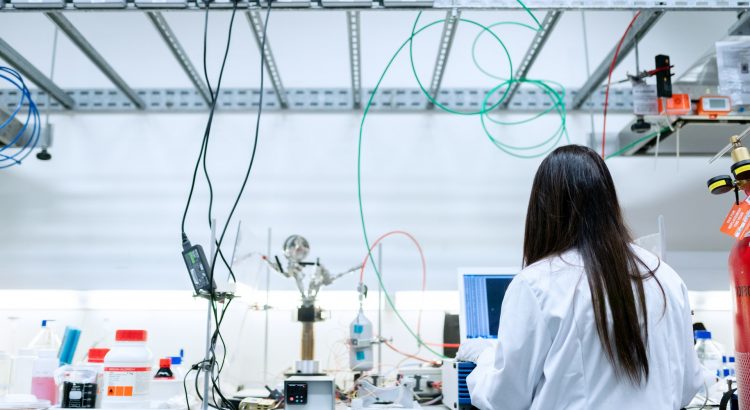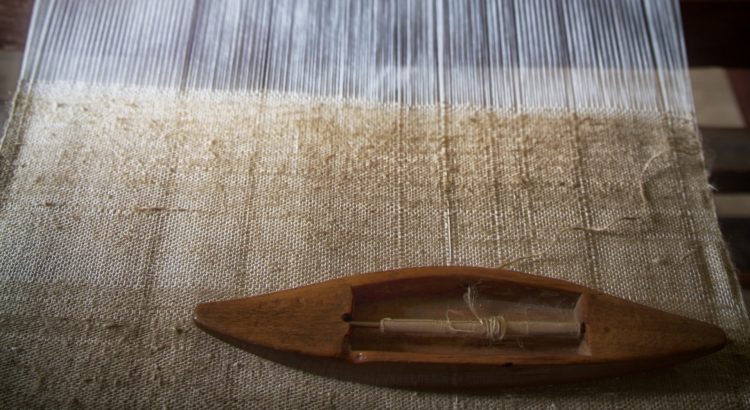Podcast: Play in new window | Download
Subscribe: Spotify | Email | TuneIn | RSS
Titles are a part of our identity. If you meet a school teacher, computer programmer, or rocket scientist, you will instantly form an impression of what kind of person they are without any additional information.
The bias we impose upon hearing a title can be good or bad, of course. But we all invariably take these mental shortcuts, and it influences how we treat the people we meet.
What’s interesting is that these titles reflect on us, as well. What I call myself impacts what I expect from my work, and how I expect others to treat me in my role.
This week on the show, we talk with a PhD who helps current graduate students as they explore careers outside of academia. And she has some advice on how you can reimagine your graduate title.
Read More



